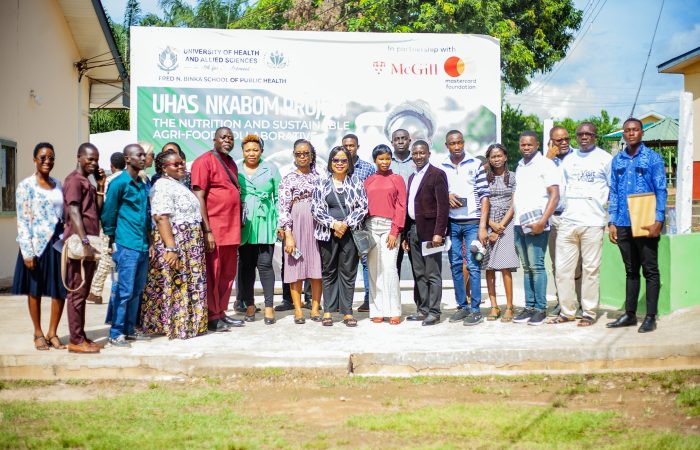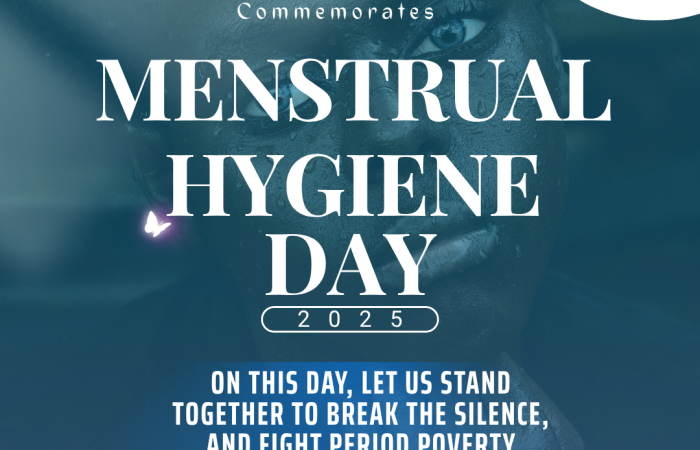Gender politics in Ghana have come a long way. Starting in 1960, the National Council of Women has worked to further female participation in politics, education, healthcare and tech industries. Ghana was also one of the first countries in Africa to address women’s rights and gender conventions, such as the Convention on the Elimination of All Forms of Discrimination Against Women in 1979. Ironically, the current gender gap in 2021 ranks Ghana in the bottom 25% worldwide for women in state affairs, education, workforce and life expectancy.
The Gender Disparity
The main explanation for Ghanaian women’s underrepresentation includes historical context and its proceeding modernization of Ghanaian society. Traditionally, Ghana is a patriarchal society with pockets of matrilineal values. According to the U.N.’s African Training and Research Centre for Women (ATRCW), women in Ghana are portrayed in media as powerful figures with substantial influence. The reality was quite the opposite, however. Previous religious teachings and social practices have denounced women to be less than men, which has created a gender imbalance in Ghana.
Furthermore, Ghanaian women suffered from gender prejudice and were subject to domestic violence, human trafficking and financial burden when they rejected gender roles. The ATRCW reported that Ghanaian communities expected women to be uneducated and family-oriented wives. Statistics on women’s illiteracy and lack of education show a continuous lack of women in modern-day schools. The 2000 Ghana Living Standards Survey reported 44.1% of women were lacking formal education compared to 21.1% of men.
Lack of Women in Politics
The ATRCW also reported that Ghanaian women were excluded from policy-making as few women held formal political offices and the majority were illiterate. Black studies professor Stephan Miescher from the University of California Santa Barbara further elaborated on the contextual impact of education and its correlations to female representation in Ghanaian society. Miescher noted that women didn’t have opportunities for social mobility without education, which was scarce in some regions. “In rural neighborhoods, fewer women might go to school or have access to elementary schools. Most of them worked in local trade or farms,” Miescher said in an interview with The Borgen Project.
Instead of receiving an education or gaining individual capital, Ghanian women learn to fulfill familial duties of motherhood and caretaking while upholding their husband’s lineage. Taking a closer look into Ghana’s political arena, studies show the main political system was a powerful structure to perpetuate systemic gender inequality. In Ghana’s Parliament previous to the 21st century, only elite women had voices in the system. It wasn’t until 2000 that Ghana had at least 16 female participants out of 230 Parliament members.
Female Leadership in Certain Districts
Professor Miescher pointed out that, despite the growing gender imbalance in society, many regions within Ghana had norms of women being independent and self-sufficient from their husbands. In some districts of Ghana, there were matrilineal societies with queen mothers and female elders. “There are different realities for women in Ghana,” said Miescher, pointing to the different opportunities the social dynamics of female participation and gender roles present. According to Miescher, female autonomy was not unusual throughout history. He explained, “in southern Ghana, women and men did not have joint accounts, even if both were illiterate and farmers, they each had their own farms.”
The ATRCW reports the impact of such pockets with female leadership. In Genja, a matrilineal state with queen mothers ruling alongside chiefs, these women were essentially the female representation of women in society. They protected women’s interests and made federal decisions on behalf of Ghanaian women. Despite contextual roots of women’s financial independence in some parts of Ghana, this is not the case for all women.
ATRCW reported the same respect was absent for other Ghanian women because traditionally women were producers, commodities to purchase through institutions of brideprice and marital laws. Social norms such as polygamy, child marriage and widow inheritance only further encouraged these practices. Fortunately, Ghana has discontinued most of these practices.
Now, studies show that certain Ghanaian norms are shifting to reflect a more individual balance of power between women and men. For example, family dynamics and relationships in Asante’s social framework were redefined to accommodate Ghana’s fluctuating economic and political context, which requires economic freedom from each adult in the household. By studying the Kumasi women traders, research points to an adapting set of gender roles in Ghana that consider a necessary balance between female and male liberty.
Bringing the Change
Several feminist organizations and women’s groups currently work towards shifting the paradigm of gender attitudes, female inclusion and political sustainability. Alliance for African Women Initiative (AFAWI) advocates for prosperity and equal opportunity for women. AFAWI host several projects to support women in business, marginalized children and those affected by the gender gap in education.
Another well-known Ghanaian feminist organization is Abantu For Development. African women in London founded this international NGO. It has several offices to create regional alliances and promote a working network among the districts of Ghana.
Current work through these organizations produces research, spread awareness for political, social and economic change that signals a brighter future for Ghanaian women. Though there are several structural obstacles to a fully equitable society in Ghana, women and men continue to fight for change.
CREDIT: BORGEN MAGAZINE


